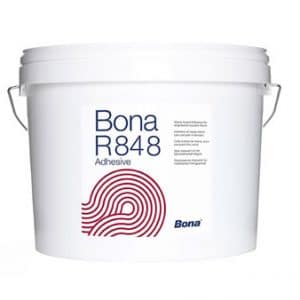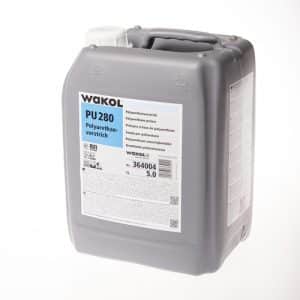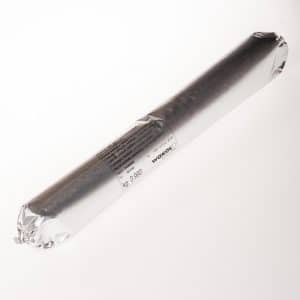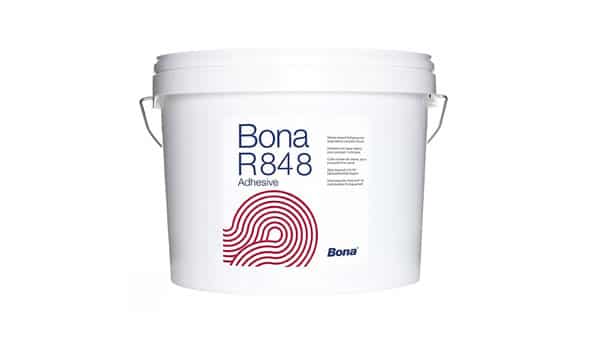Premium suppliers of quality engineered wood flooring for THE FLOORING TRADE
Guaranteed warranty on all products
Flooring Adhesives
Adhesives for Different Types of Flooring
Flooring adhesives are specialized adhesives used in the installation of various types of flooring materials.
They are designed to create a strong and durable bond between the flooring material and the subfloor or underlayment.
Flooring adhesives come in different formulations to accommodate different types of flooring materials and installation methods.
Common types of flooring adhesives include:
Vinyl Adhesives
Vinyl adhesives are a fundamental component of vinyl flooring installation, catering to an array of vinyl applications such as vinyl tiles, luxury vinyl planks (LVP), and sheet vinyl.
Carpet Adhesives
Carpet adhesives serve as a paramount element for the seamless installation of both wall-to-wall carpeting and carpet tiles.
Wood Adhesives
Specifically formulated for the installation of hardwood flooring, engineered wood flooring, and laminate flooring.
Tile Adhesives
Tile adhesives are expertly crafted to provide reliable support for the installation of ceramic tiles, porcelain tiles, and natural stone tiles.
Flooring adhesives offer several benefits, including:
Strong bond
They provide a secure and long-lasting bond between the flooring material and the subfloor, ensuring the flooring stays in place.
Sound insulation
Some adhesives have sound-dampening properties, reducing noise transmission between floors.
Moisture resistance
Certain adhesives are designed to be resistant to moisture, making them suitable for use in bathrooms, kitchens, and other high-moisture areas.
Stability
Adhesives help to stabilize the flooring material and prevent movement, ensuring a smooth and even surface.
It’s essential to select the appropriate adhesive for the specific flooring material being installed and follow the manufacturer’s guidelines for proper application and curing time. Improper adhesive selection or installation can lead to flooring failures, so it’s best to consult with professionals or follow the manufacturer’s recommendations for a successful flooring installation.
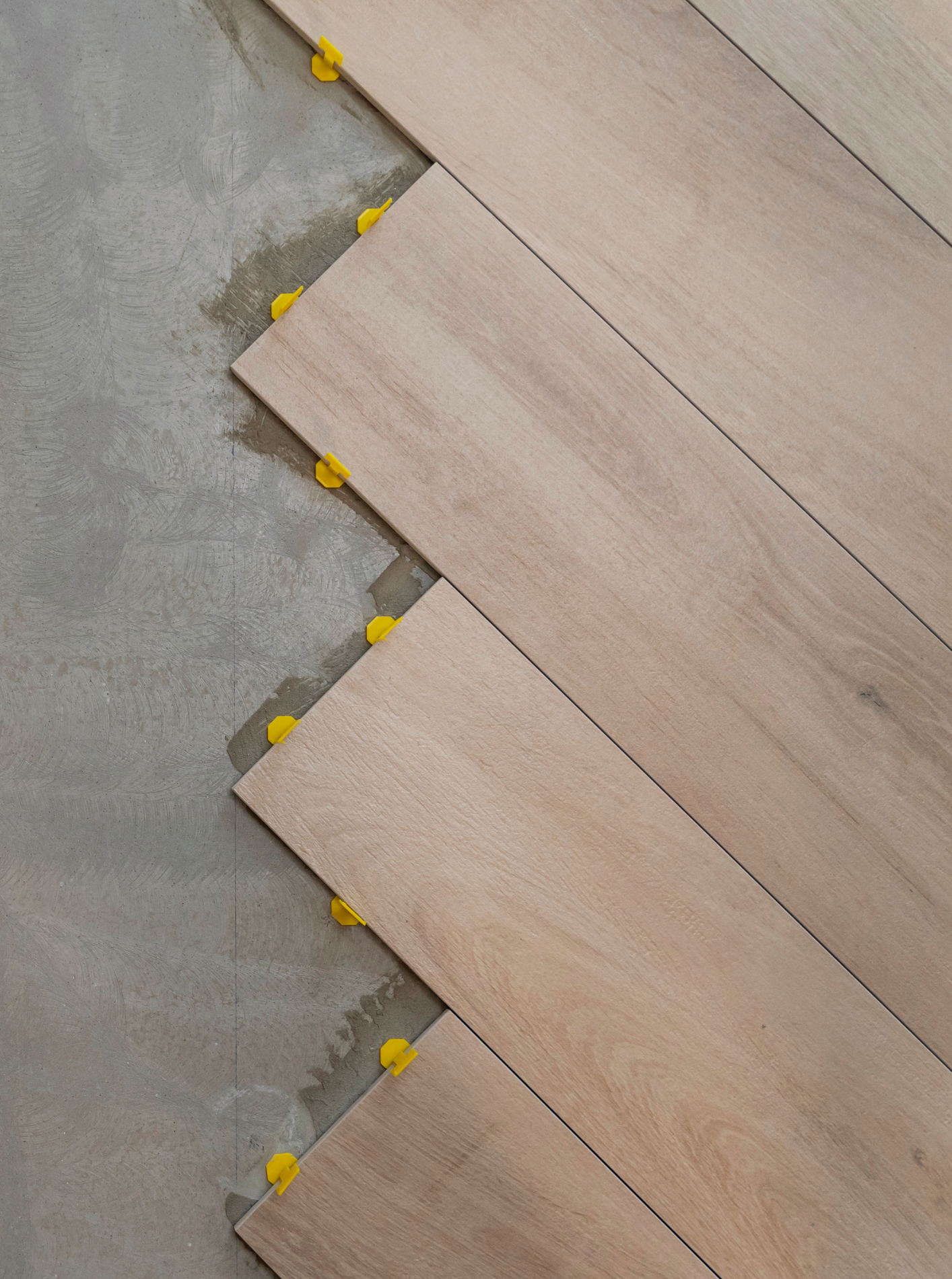
Why are Wakol Adhesives so popular?
Wakol is a well-known brand that manufactures a range of adhesives and flooring installation products. Some factors that might contribute to the positive reputation of Wakol adhesives:
Quality and Performance
Wakol is known for producing high-quality adhesives that are designed to perform well in various flooring installations. The formulations of their adhesives are often engineered to meet the specific needs of different types of flooring materials.
Extensive Research and Development
The company invests in research and development to continuously improve their products. This commitment to innovation helps them stay up-to-date with the latest advancements in adhesive technology.
Product Range
Wakol offers a diverse range of adhesives that cater to different types of flooring, such as wood, vinyl, carpet, and tile. Having specialized adhesives for each flooring type ensures optimal performance and ease of installation.
Environmental Considerations
Many of their products are developed with a focus on environmental sustainability, meeting eco-friendly standards and regulations.
Technical Support
Wakol typically provides technical support and guidance to installers and customers, helping them select the right adhesive and providing installation tips for optimal results.
Longevity and Reputation
Companies that have been in the industry for a long time and have established a positive reputation tend to have better-performing products due to their experience and commitment to quality.
It’s important to note that the performance of an adhesive can also be influenced by various factors, such as proper substrate preparation, climate conditions during installation, and following the manufacturer’s guidelines. As with any adhesive, the success of the installation largely depends on using the right product for the specific flooring material and following the recommended installation procedures.
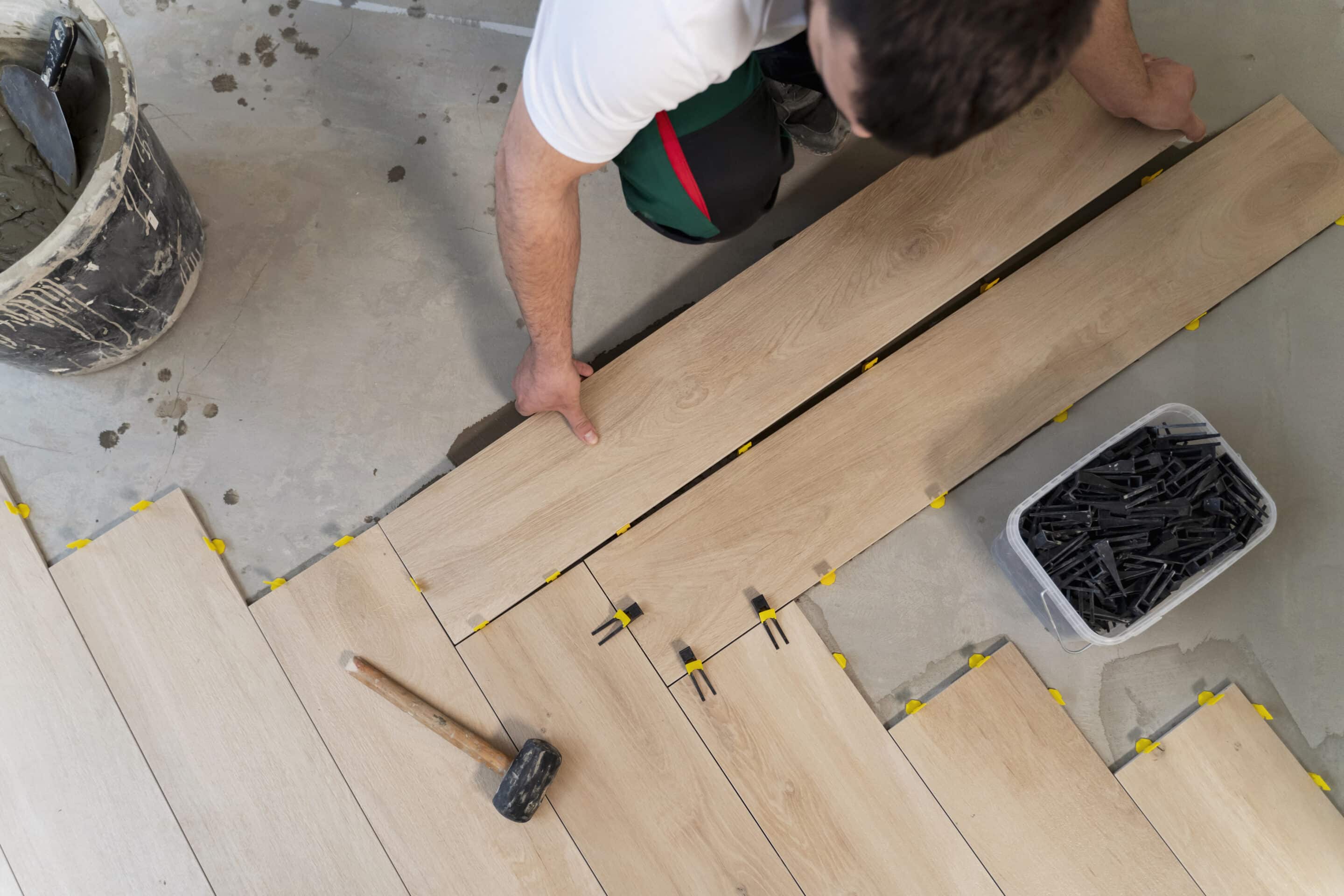
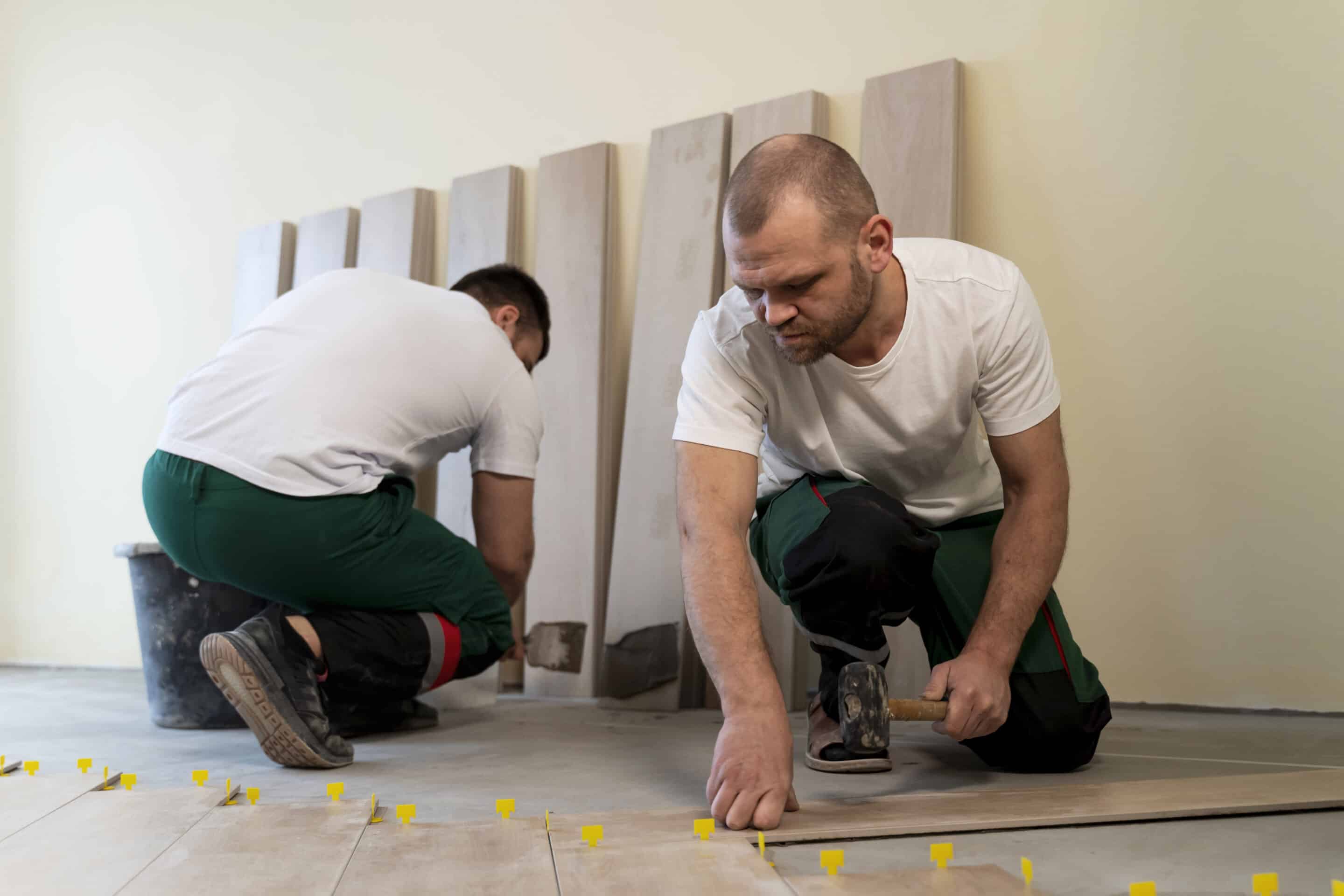
To determine if Wakol MS260 adhesive is suitable for your specific flooring installation, it is essential to consider the following:
While Wakol is generally a reputable brand, the suitability and performance of their MS260 adhesive will ultimately depend on how well it matches the requirements of your particular flooring project. As with any adhesive, proper application and following the manufacturer’s guidelines are crucial for achieving the best results. If you have any doubts or specific concerns, it’s a good idea to consult with professionals or the manufacturer for expert advice.
Flooring Material
Check if the MS260 adhesive is designed for the type of flooring material you plan to install. Some adhesives are formulated for specific materials like wood, vinyl, carpet, or tile.
Subfloor Type
Ensure that the adhesive is compatible with your subfloor material. Different adhesives may have different bonding properties based on the substrate.
Installation Environment
Consider the environmental conditions, such as humidity and temperature, during installation. Some adhesives have specific requirements regarding climate and curing times.
Manufacturer’s Guidelines
Always follow the manufacturer’s recommendations and guidelines for proper adhesive application and installation.
Reviews and Recommendations
Look for reviews and recommendations from professionals or other users who have used the product for similar installations.
Technical Support
If available, take advantage of technical support from the manufacturer to address any specific questions or concerns about the adhesive.
About BONA Adhesives
Bona is a well-known and reputable brand in the flooring industry, particularly for hardwood floor care products and finishes. Bona also manufactures adhesives, and their products are generally well-regarded by professionals and consumers alike.
Bona adhesives are known for their high quality, performance, and ease of use. They offer a range of adhesives designed for different types of flooring installations, including hardwood, engineered wood, and bamboo flooring. Their adhesives are formulated to provide a strong and durable bond between the flooring material and the subfloor, ensuring a stable and long-lasting installation.
Some factors that contribute to the positive reputation of Bona adhesives include:
Quality Formulations
Bona invests in research and development to create adhesives that meet the specific needs of different flooring materials. Their formulations are engineered to perform well in various installation conditions.
Easy Application
Many Bona adhesives are designed for easy application, which can save time and effort during the installation process.
Low VOCs
Volatile organic compounds (VOCs) can be harmful to indoor air quality. Bona adhesives are known for having low VOC emissions, making them environmentally friendly and safe for indoor use.
Industry Experience
Bona has a long history in the flooring industry and has gained a reputation for producing reliable and trusted products.
However, as with any adhesive, the performance of Bona adhesives can also be influenced by factors such as proper surface preparation, climate conditions during installation, and following the manufacturer’s guidelines. It’s essential to select the appropriate adhesive for the specific flooring material and installation method and to follow the manufacturer’s instructions for the best results.
Is it better to use adhesives or float your floor:
Using adhesives or floating a floor are both valid methods of installing certain types of flooring, and the choice between the two depends on various factors, including the type of flooring material and the specific installation requirements. Each method has its advantages and disadvantages.
Advantages of Using Adhesives:
Stability
Adhesive installations create a strong and stable bond between the flooring material and the subfloor. This helps prevent movement or shifting of the flooring, resulting in a more secure and long-lasting installation.
Reduced Sound Transmission
Adhesive installations can help reduce noise transmission between floors, creating a quieter environment in multi-story buildings.
Better for Heavy Traffic
Adhesive installations are generally more suitable for high-traffic areas since the floor is firmly attached to the subfloor, reducing the risk of wear and tear.
Moisture Resistance
Some adhesive products offer enhanced moisture resistance, making them suitable for installation in areas prone to dampness, such as bathrooms and kitchens.
No Need for Expansion Gaps
Adhesive installations typically do not require expansion gaps around the perimeter of the room, providing a seamless look.
Advantages of Flooting Floars:
Easy Installation
Floating floors are often easier and quicker to install, making them a popular choice for DIY projects or situations where time is a significant factor.
No Adhesive Residue
Floating floors do not require adhesives, which means there is no risk of adhesive residue on the flooring surface.
Suitable for Some Subfloors
Floating floors can be installed over a variety of subfloors, including concrete, wood, and existing flooring, without the need for extensive preparation.
Better for Some Flooring Materials
Certain flooring materials, such as laminate and some engineered wood floors, are designed specifically for floating installations.
Expansion and Contraction
Floating floors are designed to accommodate natural expansion and contraction, making them less susceptible to warping or buckling due to temperature and humidity changes.
Ultimately, the decision to use adhesives or float a floor depends on the type of flooring material, the condition of the subfloor, the installation environment, and the preferences of the homeowner or installer. For certain flooring types, adhesives may offer better performance and stability, while floating floors can be a convenient and efficient option for others. It is crucial to follow the manufacturer’s guidelines and consult with flooring professionals to determine the best installation method for your specific flooring project.
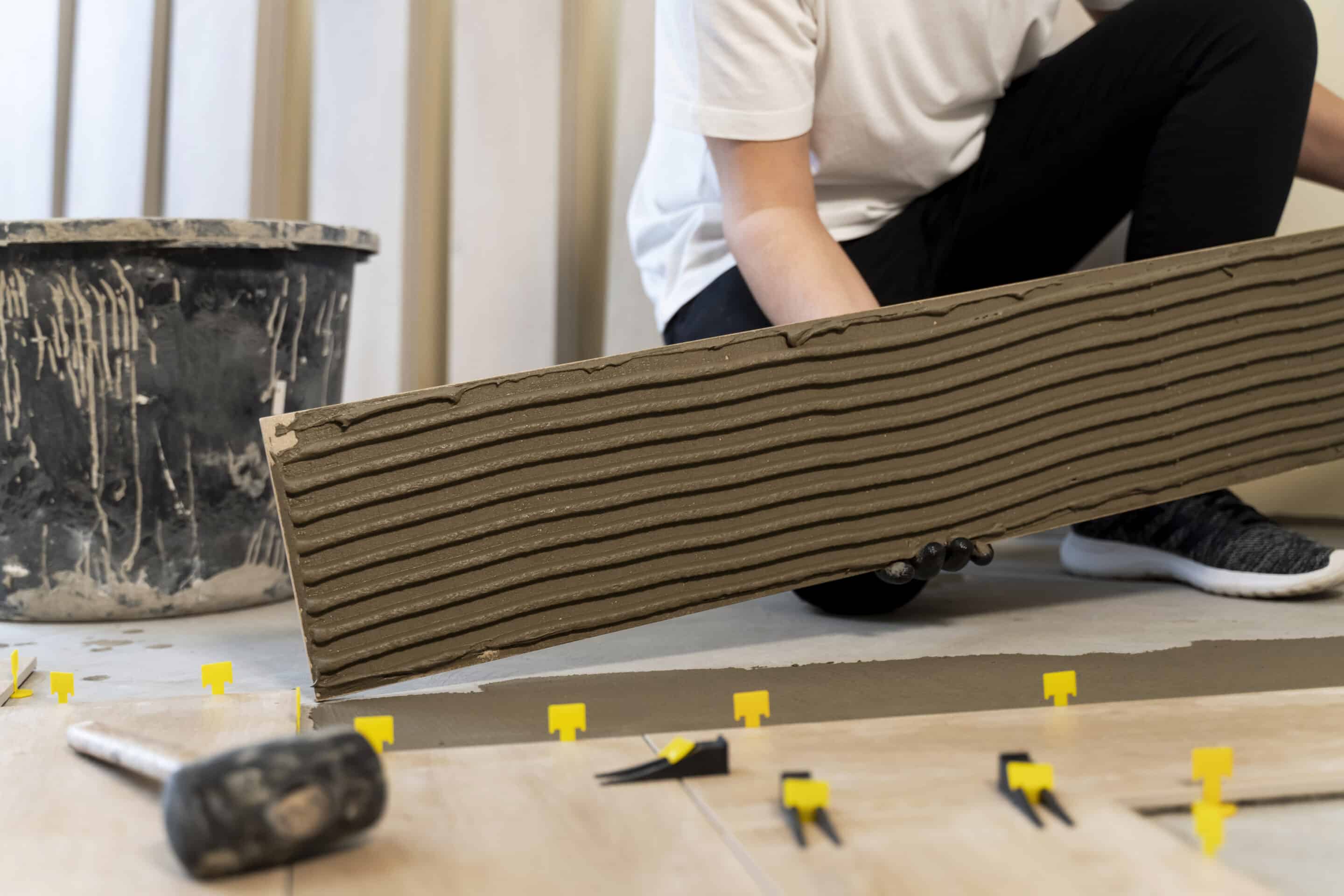
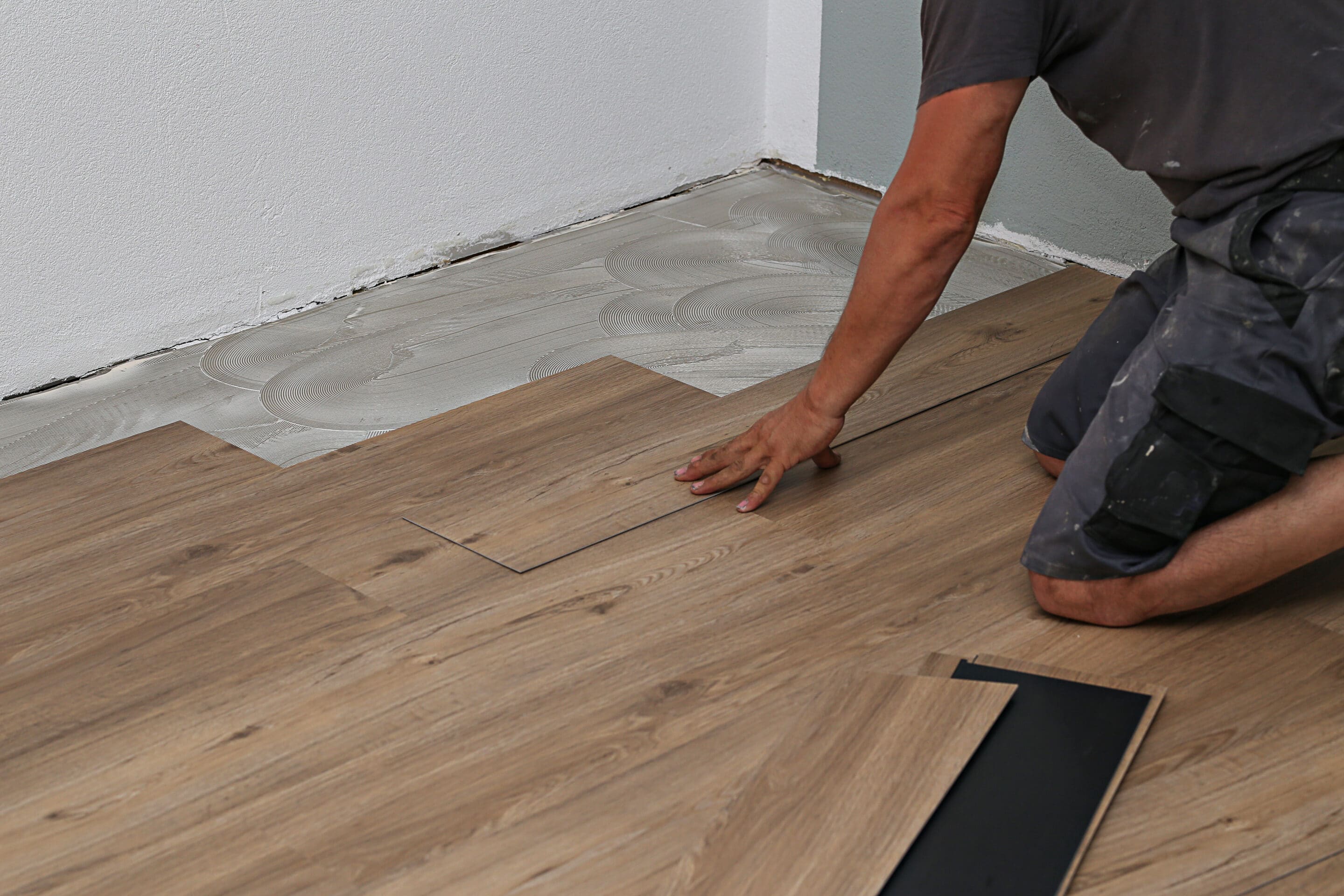
Why is it good to bond down wider engineered planks and herringbone?
Bonding down wider engineered planks and herringbone flooring has several advantages, making it a preferred installation method in certain situations:
Stability
Bonding down wider engineered planks and herringbone flooring creates a strong and stable bond between the flooring and the subfloor. This ensures that the flooring remains securely in place, reducing the risk of movement or shifting over time.
Reduced Noise
Gluing down the flooring can help reduce noise transmission between floors, providing a quieter and more comfortable living environment, especially in multi-story buildings.
Enhanced Durability
By adhering the flooring directly to the subfloor, the entire floor surface acts as a unified unit, which can increase the overall durability and resistance to wear and tear.
Better for High-Traffic Areas
Bonded down flooring is well-suited for high-traffic areas where there will be a significant amount of foot traffic. The strong bond helps the flooring withstand the stress of heavy use without compromising its integrity.
Aesthetically Pleasing
Glued-down flooring creates a seamless and visually appealing look. With no visible gaps or movement, wider engineered planks and herringbone patterns can be showcased without interruptions.
Moisture Resistance
Using the correct adhesive, the flooring installation can be made more resistant to moisture, making it suitable for use in areas prone to dampness, such as bathrooms and kitchens.
Stability for Herringbone
Herringbone patterns can be more prone to movement and shifting, especially if not installed correctly. Bonding down herringbone flooring enhances its stability and longevity, ensuring that the intricate pattern remains intact.
Eliminates the Need for Nails or Staples
Gluing down the flooring eliminates the need for visible nails or staples, resulting in a cleaner and more modern appearance.
It’s important to note that using the right adhesive and following the manufacturer’s installation guidelines are crucial for a successful bonded down installation. Additionally, proper subfloor preparation is essential to ensure a flat and even surface for the adhesive to bond correctly.
While bonding down wider engineered planks and herringbone flooring offers many benefits, it may not be suitable for all situations or flooring types. Always consult with flooring professionals and follow the manufacturer’s recommendations to determine the best installation method for your specific flooring project.
FREE DELIVERY:
ACCESSORIES OVER £200 & LAMINATE / LVT ORDERS OVER £1500, PLACED BEFORE 3.00 PM
GET IN TOUCH
Have an idea or project then please get in touch...

